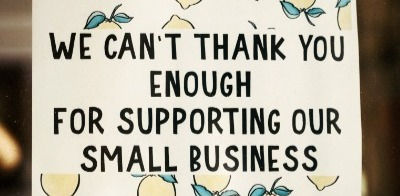Transparency: Easing Customer Sentiment Toward Supply Shortages
- Geoffrey James Cole
- Jan 18, 2023
- 2 min read
Last year, consumers experienced the unexpected reality of supply issues at grocery stores and other retail outlets. Baby formula, Wheat, and more recently Poultry & Eggs have all had supply shortages as a rapid increase in post-pandemic demand was coupled with global disruptive influences. Southernmost's report dives into how businesses who communicate these unavoidable market realities to consumers may benefit.

Why Communicate?
As recent as today there have been calls from consumers to boycott products or brands based on what they deem to be unreasonably high prices for certain goods. Often, the primary driver is consumers do not grasp market realities. When consumers are unaware of supply shortages, logistics disruptions, or other global influences, they, like all others, make determinations based on incomplete information and may assume the worst of businesses.

Clear Channel and JCDecaux found in a 2021 study that only 34% of consumers trust the brands they purchase from. That means consumers are twice as likely to distrust a company's intentions when businesses take action without communicating why.
Acting with Transparency
Sharing updates with consumers is fast and relatively low-effort way to build consumer trust. By being open, even if it isn't what consumers want to hear, you are creating a bridge that eases consumer suspicions and focuses the majority of attentions on what to do next. Consider the following examples where consumer trust may be benefitted by transparency:
Millions of avian flu cases create a shortage of poultry and eggs, causing prices to spike for grocery retailers purchasing from farms.
International events disrupt supply chains and delivery times for a large furniture retailer are delayed by twelve weeks while ships wait to unload.
A cyber attack stalls delivery of components needed for final vehicle assembly and consumers may purchase cars without these components.
A spike in energy consumption is too great for the grid's capacity, causing stability issues and rolling blackouts to prevent infrastructure collapse.

A Culture of Openness
Each case, when properly communicated to consumers, may avoid much of the negative sentiment that follows the business' actions. The dialogue shifts from it being the company's fault to having a conversation about a larger issue. Transparency with consumers enables businesses to begin building trust while mitigating certain decision risks that accompany daily operations.



